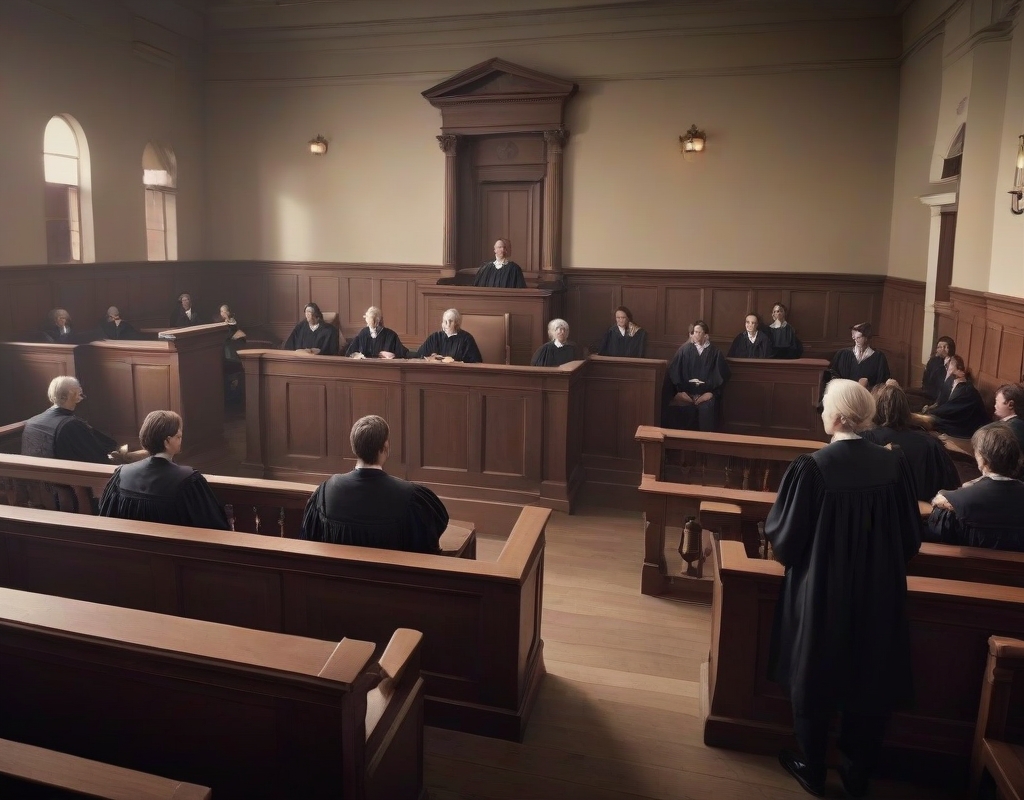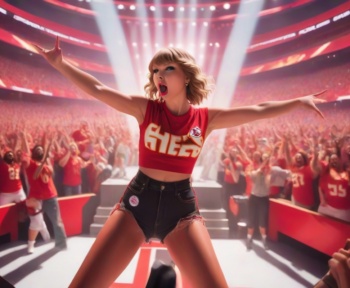In what marks a significant chapter in their ongoing saga for justice, the group known as the Exonerated Five, previously referred to as the Central Park Five, have taken legal steps against former President Donald Trump by filing a federal defamation lawsuit. This suit responds directly to controversial comments Trump made during a recent presidential debate that effectively reopened old, painful wounds for these individuals.
## Return to a Painful Historical Chapter
The individuals comprising the Exonerated Five—Yusef Salaam, Raymond Santana, Kevin Richardson, Antron McCray, and Korey Wise—were infamously and wrongly charged in the 1989 Central Park jogger incident, where they were depicted as dangerous youths responsible for a vicious assault they did not commit. The rush to judgment and the critical flaws within the criminal justice system became painfully evident, exacerbated by a series of full-page newspaper ads in 1989 from Trump calling for the return of the death penalty concerning their supposed crimes.
During the debate in question, Trump stated, “They admitted—they said they pled guilty. And I said, well, if they pled guilty, they badly hurt a person, killed a person ultimately,” a statement starkly contradicting established facts. The Exonerated Five were fully cleared after DNA evidence and a confession from the true perpetrator, Matias Reyes, proved their innocence beyond doubt.
## Legal Foundations of the Lawsuit
The lawsuit launched by the Exonerated Five against Trump is centered on defamation and the intentional infliction of emotional distress, seeking both compensatory and punitive damages. These charges highlight the pain sustained from Trump’s unwavering comments, which they argue cast long shadows over their proven innocence and interfere with their healing processes.
Their attorney, Jonathan Moore, pointed out the damaging influence of Trump’s persistent false declarations, noting that these statements not only hinder their emotional recovery but also skew public perception and truth—a crucial societal standard.
## A Reflection on the False Convictions of 1989
Originally, the biased apprehension and portrayals in the media tainted public perception and prejudiced their trial, a time when their guilt was presumed by the public and figures like Trump, who had significant sway over public opinion. The true narrative began to unfold many years later when Matias Reyes admitted to the crime, with DNA evidence supporting his confession, leading to their exoneration in 2002. In 2014, the city of New York awarded them a settlement, though it by no means erased the deep societal stigmas that had been ingrained over years.
## The Potency of Public Statements
This lawsuit draws attention to the extended impact of public figures’ rhetoric, particularly how damaging statements can pervasively affect individuals’ lives even beyond legal exoneration. Civil rights advocate Al Sharpton underlined the potency of Trump’s remarks, asserting that his narrative perpetuates wrongful blame and shapes a kind of historical distortion that the lawsuit seeks to challenge.
## Wider Societal Consequences
This legal challenge brought about by the Exonerated Five transcends their individual case, shining a light on the broader necessity for systemic reform to prevent such miscarriages of justice. It is about maintaining institutional accountability and truthfulness in the public sphere.
Echoing the significance of this case, legal scholar Michelle Alexander highlighted its potential to strengthen protections against historical inaccuracies and uphold the validity of legal exonerations, viewing their resilience as an inspiration for others wrongfully mistreated by the system and as a call for vigilance against defamation and misrepresentations.
## Pathways to Healing and Restorative Justice
The efforts of these five men underscore a collective attempt not only to seek redress for themselves but also to stand for others who have been similarly misrepresented and unjustly treated. Their journey from being wrongfully accused, vindicated, and now litigators in a defamation lawsuit underscores the broken aspects of the justice system and the hope embodied in their pursuit of true justice.
With the unfolding of this lawsuit, there lies a crucial opportunity to underscore the importance of accurate historical representation and responsible public discourse. The legal battle undertaken by the Exonerated Five reiterates a broader societal challenge: to move beyond the shadows of misinformation and guide society towards more profound healing and genuine justice. Through their enduring resolve and their current legal actions, they not only seek to restore their names but also to redirect the narrative towards truth, ensuring such errors are acknowledged and rectified.




